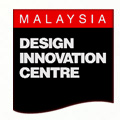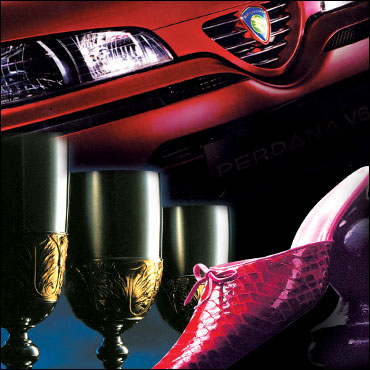Big international corporations spend time and money to protect and promote their image. They do their research, they get feedback, they are always right there with the consumers. Brand equity is at the core of their business strategy.
They know well the consequences of misjudging their market. If they are out of step, they maybe out of business. It’s that simple.
They manage their business tightly. They plan deliberately, competitively and creatively.
Branding and marketing a country is no different. The objectives are no different.
For corporations, the bottom line is revenue and profit. Countries compete for tourists, international trade, investment inflows, aid, skilled workers and technology, which ultimately translate into economic growth, jobs, income and well-being.
The idea of country branding and imaging is nothing new. The stakes keep rising as globalisation expands trade and investments, and escalates competition.
Products made in countries that have a strong brand identity for themselves, carry an extra aura. Good they produce are perceived to be the best in the world, gaining worldwide acceptance quickly, and commanding premium pricing invariably.
Resulting from that, these countries have become synonymous with quality, which in, turn reinforces the perception that whatever they produce must be the world’s best.
Thus, mention the United States, and you will think cutting edge information technology. Germany, to most people, means high performance cars. Italy stands out for unmatched lifestyle artistry; France for the world’s most expensive perfumes, Switzerland the world’s best watches, Japan the most innovative consumer products.
The global ‘face’ of Malaysia
Malaysia is one of the world’s largest trading nations. We have modern airports, seaports and highways. The economy has one of the world’s fastest growth rates; the government is among the most stable and elections are held regularly in a peaceful environment; the different races live in harmony and are free to practise their cultures and religions.
Kuala Lumpur is a very international city with world-class conference facilities that have hosted high-level international gatherings and attracted major world leaders.
Formula 1 races are staged at Sepang. The largest Commonwealth Games in history took place some years ago in Kuala Lumpur.
The “smart” cities of Putrajaya and Cyberjaya, torchbearers of Malaysia’s advance into knowledge-based economy, are the world’s most high-tech.
This country has high quality products whose brands have travelled across the world. One is MAS; another is Proton and many other brands. Malaysia is now a major source of tertiary education, with some 40,000 foreign students from about 150 countries studying here. These students come here because they find our college programmes valuable and not easily available elsewhere. Their parents send them here because they believe in this country.
In the past, students from developing countries would go to countries like United States, United Kingdom, Canada, Australia and New Zealand. Now they come to Malaysia as well. Any country that provides the world with education is respected and admired.
With more than 13 million tourists annually, Malaysia is an increasingly prominent destination on the international tourism map. With about 100,000 foreigners who seek medical treatment at our private hospitals, Malaysia is also gaining a reputation for quality healthcare. People visit countries they feel safe. People do business with countries they admire. People go to study in countries they trust. People admire people who achieve things.
All these say something about this place.
Malaysia has potential to be a global halal food centre
Malaysia has credibility as a manufacturing centre. The bulk of our exports comprise manufactured goods. We make and export packaged food of high quality. We have the capacity to develop branding. We also have good infrastructure for electronic promotion of our products across the world.
All these advantages and our reputation as a modern and progressive Muslim country give us a clear edge in the production and marketing of halal food. If we package it right, market it right, we will be there in a few short years.
But we have to use our creativity and research to produce the range of food people around the world would want to buy. To be a world player, we have to learn the ways of the world.
All the good reasons are there. What we have to do is draw the private sector and the Government into a national effort, like the Swiss who treat watch-making as a national calling.
Building the Malaysian brand
There is a need for us to respond to the new world economy. There is a need to sell the Malaysian brand as well as made-in-Malaysia products. There is a need to position Malaysia positively in the minds of people around the world. It is time for Malaysia to develop a national branding strategy that differentiates us as a country, from our neighbours, from our competitors.
We have to create one primary message that everyone around the world will know. And they will speak of it when they speak of us. And that message is that this is a well developed country, a safe country, a quality country, a country that works.
We have achieved many things. We are known for many products and services that have enhanced our image. We are admired as the most developed of the developing countries.
The national strategy should identify products that we will use to promote overseas aggressively and creatively. These products will give us the right profile and the right imagery, and carry the right message. They will show this country as sophisticated and safe. This is a place that has variety, comfort, beauty, and smart people; a place for business as well as pleasure.
A lot of our characteristics are those of a developed country. We only need to communicate to the world those characteristics. If we succeed in that, then this country will fly. We will be up there, with the best in the world.
That will be our country’s branding.


